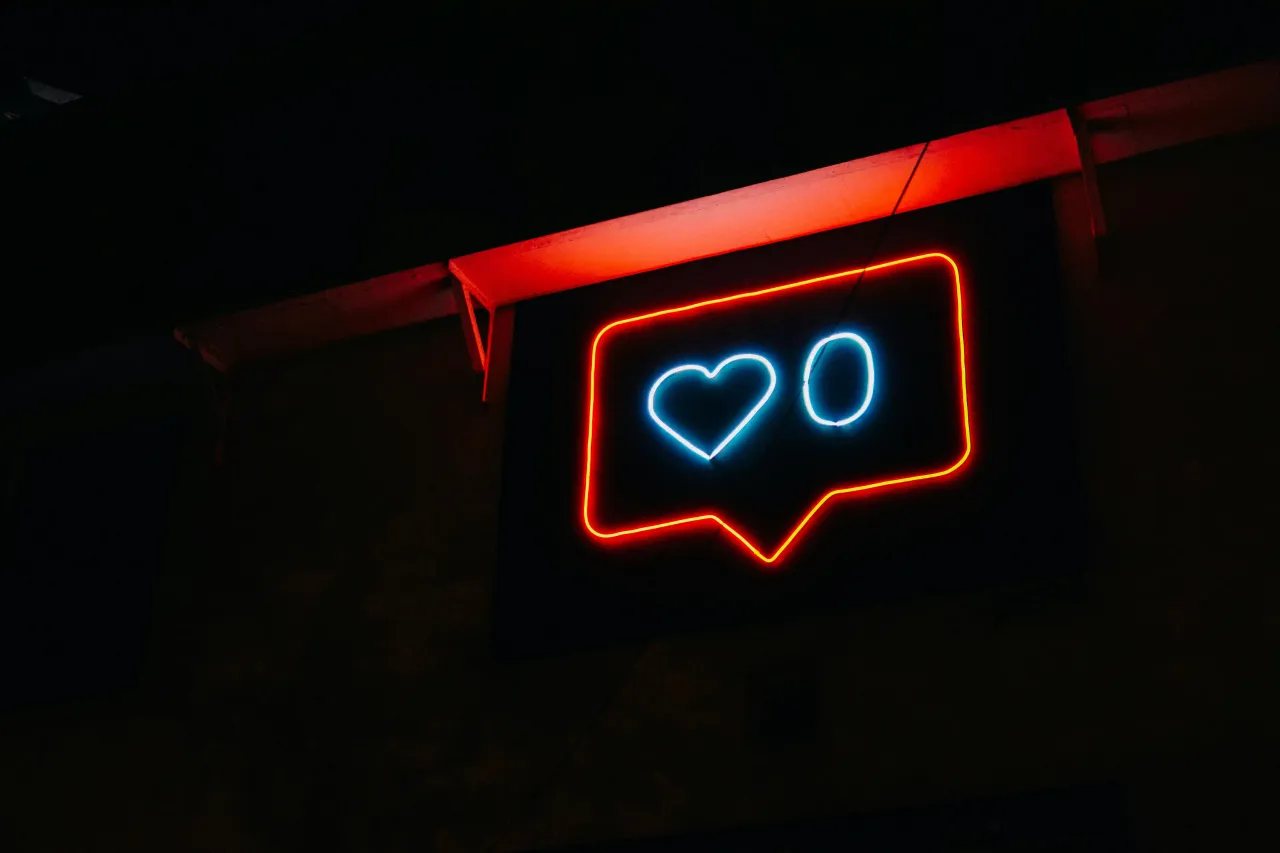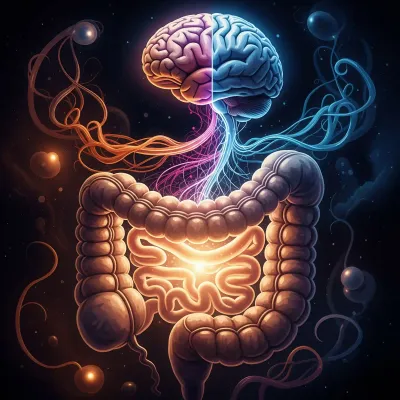Digital Dopamine: When “Likes” become a mental currency
Defining your self-worth by how many Likes you get

Table of Contents
- Digital Dopamine: When “Likes” become a mental currency
- The dopamine economy: Why your brain treats likes like candy
- Mental currency: when likes equals self-worth
- The toll: When dopamine stops delivering
- Reclaim your brain: From scroll zombie to self-aware
- Adlerian Psychology: You’re not just addicted, you’re seeking significance
- From currency or connection
Digital Dopamine: When “Likes” become a mental currency
It is 2:07 a.m. and you refresh your Instagram for the 17th time. Your latest post—a photo of you smiling at a beach that you hadn’t enjoyed — had 83 likes. Not enough. You delete it. Again. Sound familiar? We chase little red hearts like they’re diamonds in the rough. But what we’re really chasing…is dopamine. That quick-hit reward molecule keeping us coming back for more clicks, more validation, more of the shiny stuff. Let’s unburden that craving, shall we?
The dopamine economy: Why your brain treats likes like candy
Dopamine is your brain’s “yes, more of that!” molecule. Every time you get a like, your reward system lights up like Vegas. It’s not unlike pulling the lever on a slot machine—intermittent reinforcement keeps you hooked. A study published in Nature Communications found that social media platforms mirror the same neural activity triggered by addictive substances. Yikes.
Mental currency: when likes equals self-worth
In the online world, likes function as a kind of social credit score. For teens and influencers, entire ecosystems thrive on this feedback loop. The more you get, the higher your “value”—not just in your own eyes, but in the eyes of brands, schools, or even employers. The algorithm is always watching, favouring the most clickable, bingeable, and likable content. It’s no wonder the pressure mounts. This is the dark magic of the “mental currency” economy. Likes aren’t just fluttery feedback—they’re social status, credibility, sometimes even cold, hard cash. It’s easy to equate digital affirmation with self-worth, reinforcing the message: more is always better.
The toll: When dopamine stops delivering
But what happens when chasing likes becomes a habit you can’t kick? Over time, your brain needs more stimulation to get the same dopamine hit, leading to compulsive checking, FOMO (fear of missing out), anxiety, and a dip in real self-esteem. Notifications become tiny stress bombs. Studies show that average screen time and notification checking are at all-time highs—and with each increase, so does reported anxiety and unrest. You can almost split your day into two movies: one version of you thriving offline, grounded and present; the other glued to screens, spiraling into obsession, self-doubt, or a sense of never being enough.
Reclaim your brain: From scroll zombie to self-aware
Ready for a reset? Your brain’s begging you. The good news is that you can opt out of this race—or at least, change how you run. Enter the world of dopamine detoxing and digital mindfulness. Here’s how to reboot:
- Turn off non-essential notifications—no pings, no urge to check.
- Schedule screen-free hours (hint: mealtimes and mornings are a great place to start).
- Use Unburdened You’s Mood Tracker and Dear Diary Journal to see how your feelings change with less digital input.
- Reconnect with offline joy: go for a walk, pick up a book, or make something with your hands.
- Replace digital dopamine with nature, movement, music, or actual face time with friends.
Adlerian Psychology: You’re not just addicted, you’re seeking significance
Adlerian Psychology gives us a powerful lens: instead of blaming our past habits, it asks, What’s my goal here? Adler believed all behaviour — including our sticky relationship with social media—serves some purpose. When we chase digital validation, we’re often striving for significance, belonging, or reassurance. But Adler also drops the mic with his concept of “separation of tasks.” Your job? Show up authentically; share what matters to you. What’s not your job? Managing how others react or tying your self-worth to their approval. The moment we shift from external validation (likes, shares, comments) to internal goals (growth, connection, impact), we set ourselves free. Want significance? Find it in your values, not your notifications.
From currency or connection
The next time you catch yourself counting hearts or chasing the next spike, hit pause. Likes are just feedback, not a full report card on who you are. Ask yourself: “What am I really chasing when I chase likes?” Is it meaning, community, a sense of being seen? You deserve all of that—without the digital price tag. Want to find balance? Try our Mood Tracker and Dear Diary Journal, or check out our Self-Assessment Tests to see how where you are mentally or emotionally.
It’s time to reclaim joy that doesn’t need an audience. The truest connections and the richest dopamine hits? They still happen when the screens are off and you’re alive in the moment, not measured by numbers, but by how you feel inside. Ready to cash in on a better kind of happiness? Let’s get unburdened—together.
Related Posts

When your degree feels useless: Mental health in a shrinking job market
You invested years, sleepless nights fuelled by coffee, and the occasional existential crisis, only to hit a roadblock where your shiny degree seems to be flashing “Not Applicable” in the job market.

Political anxiety is real: How global conflict is affecting everyday minds
Political anxiety is no fleeting discomfort—it quietly chip away at our mental well-being, leading to burnout, emotional fatigue, and what many experience as high-functioning depression.

Your Second Brain: What your gut knows before you do
Scientists are learning how closely our digestive system is linked to our emotions and choices as their understanding of the gut's impact on our mind expands.
